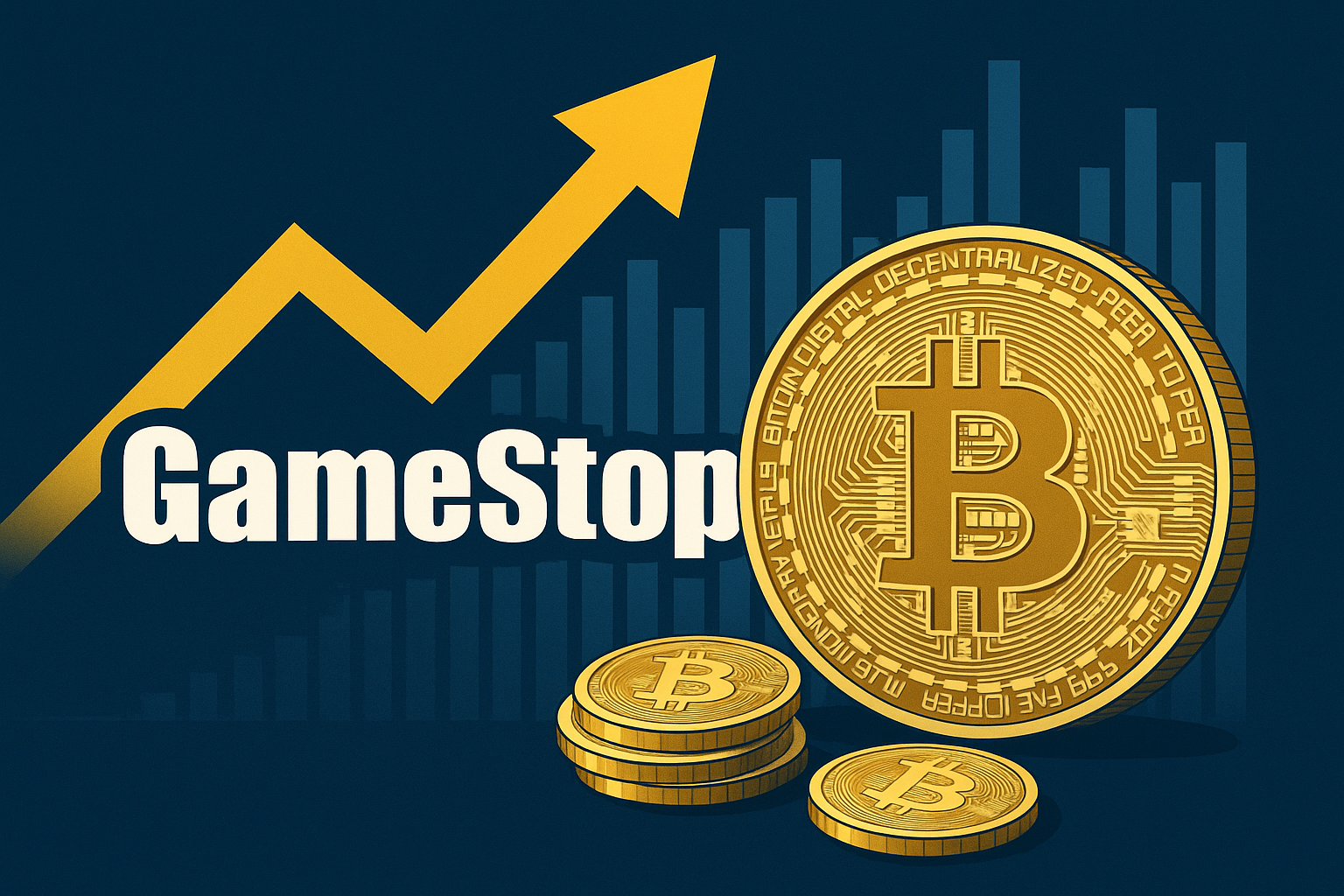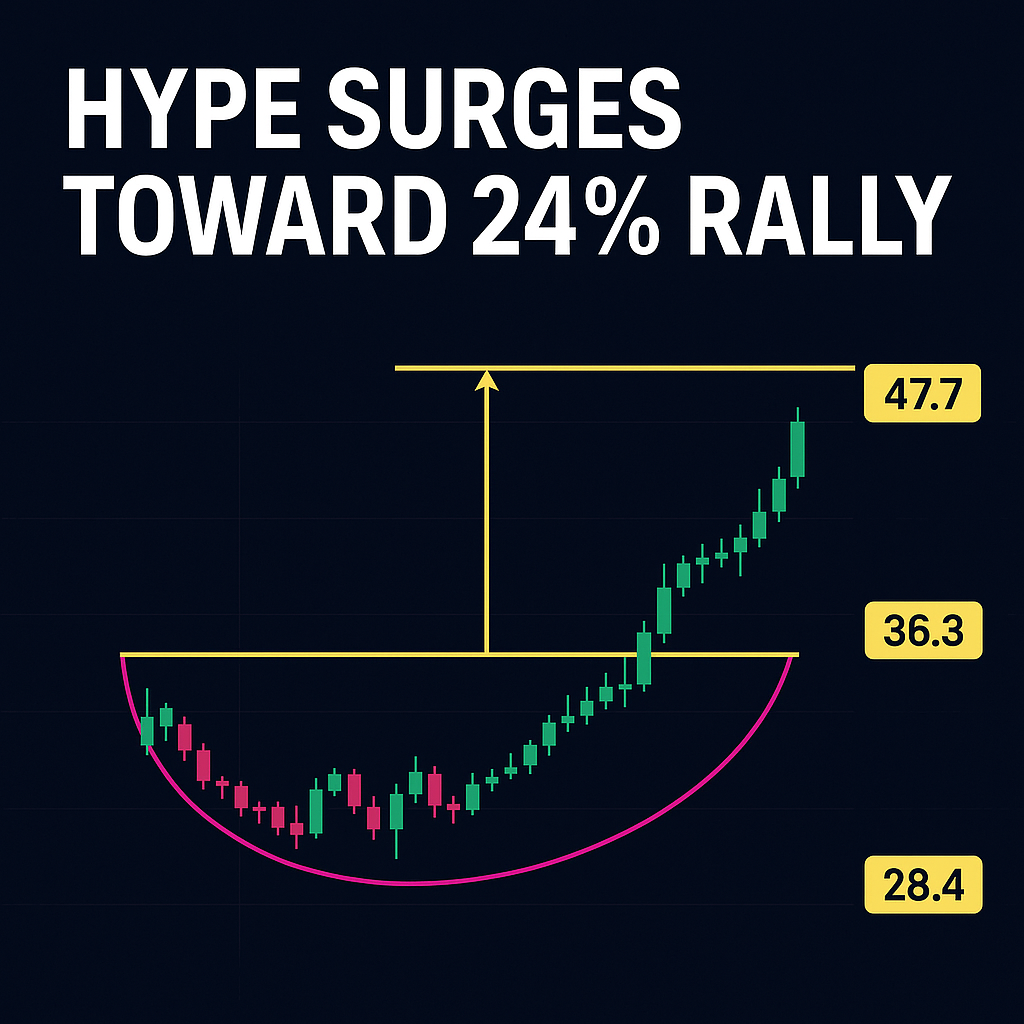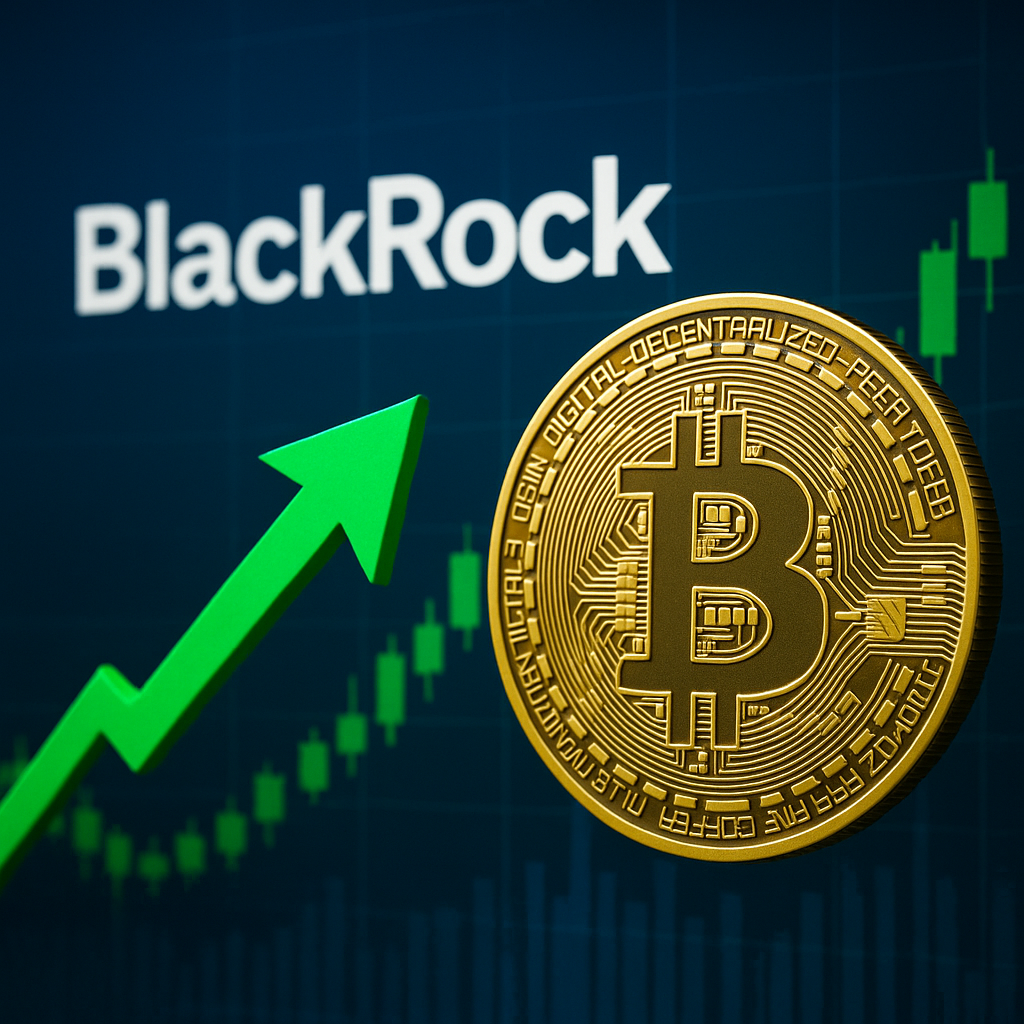GameStop acquired 4,710 Bitcoin, according to a May 28 announcement posted on X (formerly Twitter), marking a significant step in the company’s renewed push into digital assets. The American video game retailer offered limited details about the purchase; however, the move reinforces its growing interest in crypto as a strategic financial asset.
This acquisition comes on the heels of GameStop’s March decision to adopt Bitcoin as a treasury reserve asset. That move had been widely anticipated after CEO Ryan Cohen shared a photo with MicroStrategy Executive Chairman Michael Saylor, a well-known advocate for corporate Bitcoin holdings.
Earlier in February, CNBC reported that GameStop was exploring the possibility of adding Bitcoin and other cryptocurrencies to its balance sheet. This latest development confirms the company’s commitment to expanding in that direction.
GameStop’s crypto journey, in fact, began in 2022 with the launch of a crypto wallet aimed at Web3 users. Nevertheless, the service was shut down a year later due to what the company described as regulatory uncertainty.
Despite these setbacks, GameStop continues to maintain strong cultural ties with retail investors and gaming communities that remain deeply engaged with the crypto space. These are the same grassroots supporters who famously drove the company’s stock to historic highs during the 2021 meme stock frenzy. With the Bitcoin acquisition, GameStop appears to be tapping back into that momentum while simultaneously redefining its digital asset strategy.
GameStop Joins Growing List of Corporations Turning to Bitcoin for Treasury Reserves
With its recent Bitcoin acquisition, GameStop joins a growing number of corporations that are adopting Bitcoin as part of their treasury management strategies.
Similarly, French crypto investment firm Blockchain Group recently announced plans to purchase an additional $72 million worth of Bitcoin. This expansion follows a successful €63.3 million bond offering, signaling the company’s continued commitment to building a Bitcoin-heavy balance sheet.
- Unlock Exclusive Perks with Your Phemex Invitation Code — Sign Up Now!
Likewise, on May 20, Blackstone—the world’s largest alternative asset manager—entered the crypto sector for the first time. The firm acquired 23,094 shares in BlackRock’s iShares Bitcoin Trust (IBIT), a spot Bitcoin ETF, according to a filing with the U.S. Securities and Exchange Commission. The stake, valued at approximately $1.08 million as of March 31, marked Blackstone’s initial move into digital assets.
Meanwhile, Indonesian fintech firm DigiAsia Corp experienced a stock surge of over 91% on May 19 after it announced plans to raise $100 million to purchase Bitcoin for its corporate treasury.
Additionally, Trump Media & Technology Group disclosed intentions to raise $2.5 billion to invest in cryptocurrency, further following a model popularized by MicroStrategy.
Notably, MicroStrategy—now rebranded as “Strategy”—remains the most prominent corporate Bitcoin holder. The company currently holds 580,000 BTC and boasts a market capitalization exceeding $100 billion. Interestingly, the market value of its Bitcoin holdings is now lower than its total market cap, reflecting continued investor confidence in the firm’s overall business model.
As of late May, at least 113 publicly traded companies hold Bitcoin on their balance sheets, up from 89 in April. Together, these firms possess over 800,000 BTC, valued at approximately $88 billion, underscoring Bitcoin’s expanding role in institutional finance.
GameStop Posts Strong Profit Growth Amid Revenue Decline and Store Closures
In its latest earnings report, GameStop delivered an unexpected profit surge, despite ongoing revenue declines and widespread store closures. The company posted a net income of $131.3 million for the fourth quarter, more than doubling the $63.1 million earned during the same period last year. This boost was largely the result of aggressive cost-cutting initiatives.
However, despite the improved bottom line, GameStop’s core retail business continues to contract. Revenue dropped to $1.28 billion, down from $1.79 billion year-over-year. This decline highlights the persistent challenges facing the company’s traditional brick-and-mortar operations.
To address these challenges, the company closed 590 U.S. locations during fiscal 2024 and has indicated that additional closures are likely in the year ahead. Overall, this restructuring is part of GameStop’s broader effort to streamline operations and adapt to a rapidly changing retail and gaming landscape.






